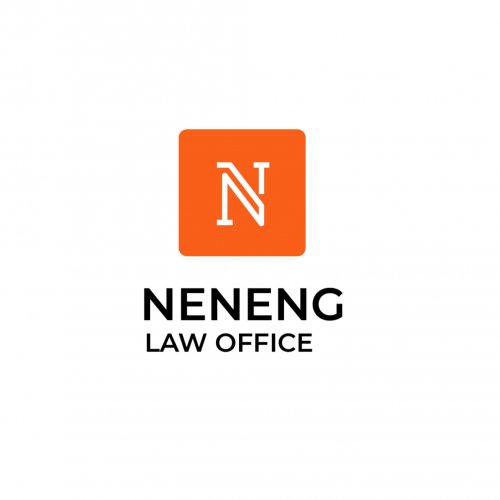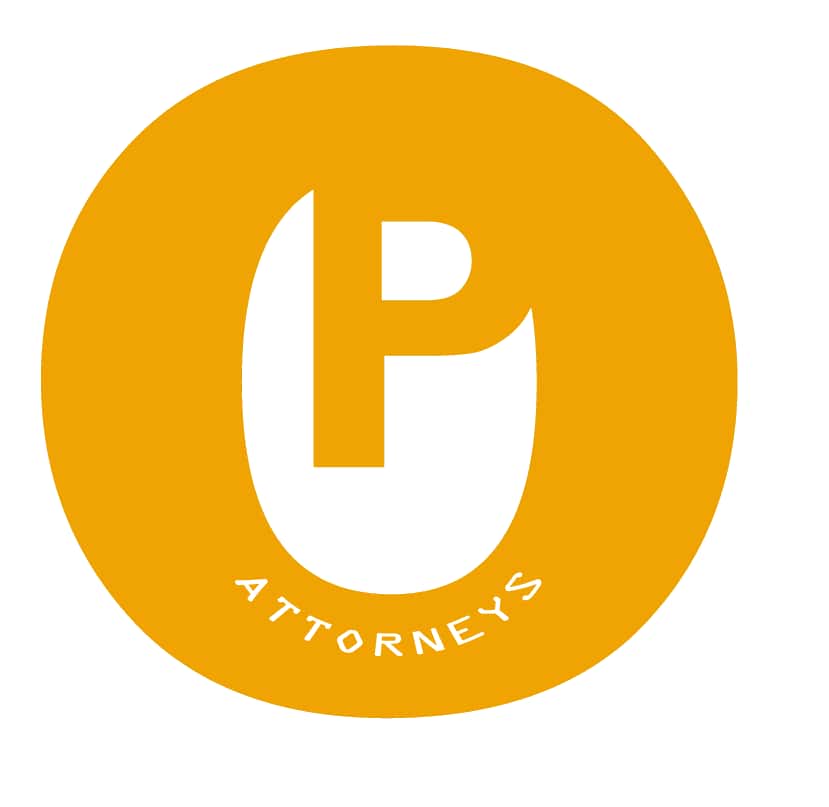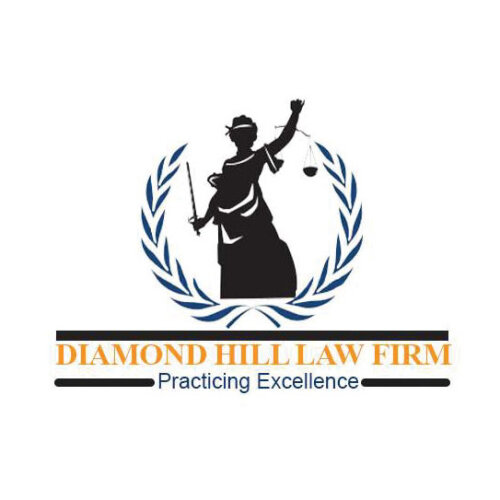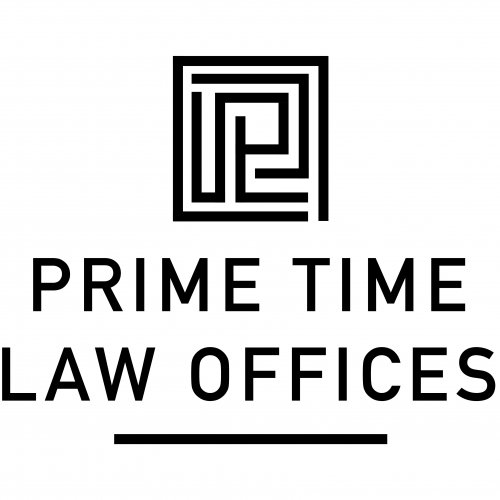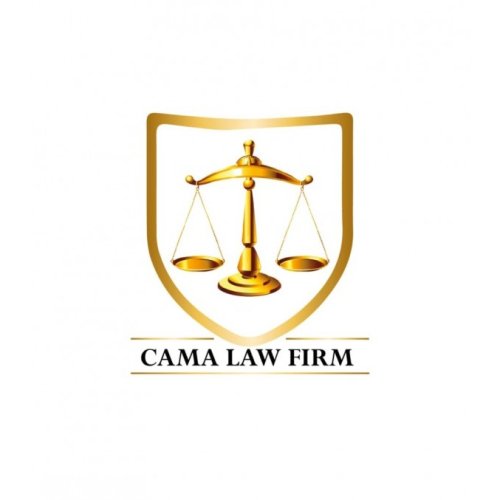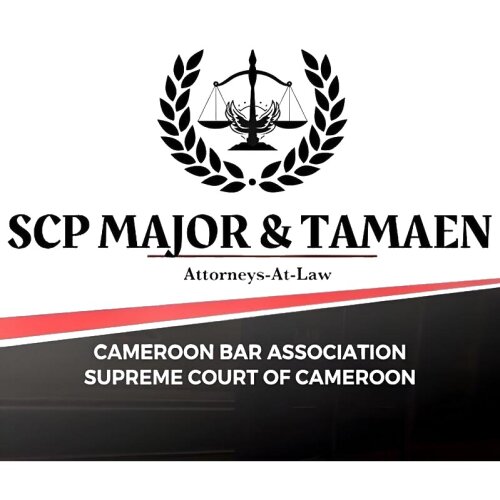Best Immigration Lawyers in Cameroon
Share your needs with us, get contacted by law firms.
Free. Takes 2 min.
Or refine your search by selecting a city:
List of the best lawyers in Cameroon
Legal guides written by CHI & Partners Law Firm:
- Ship Registration in Cameroon
About Immigration Law in Cameroon
The Republic of Cameroon has a structured and well-defined immigration law which governs the entry, residency, and exit of foreigners in the country. The Directorate General for National Security, under the Ministry of Territorial Administration, takes care of implementing these laws. The immigration laws cover aspects like visas, work permits, resident permits, and naturalization.
Why You May Need a Lawyer
Immigration matters can be quite complex and layered with legal nuances. If you're looking to obtain a work or residency permit, file for citizenship, or are fighting deportation, you might require the expertise of a lawyer. Legal assistance becomes essential if you're unfamiliar with the local language, French or English, as it could be challenging to understand and abide by all the legal requirements. Lawyers with expertise in immigration law can provide legal representation, guidance, and support through the entire process.
Local Laws Overview
The local laws in Cameroon require foreigners to possess a valid visa to enter the country unless they come from a country exempted from such a requirement. Work or residency permits are mandatory for those seeking to work or stay long-term. Overstay or violation of visa terms can result in legal action, fines, and possible deportation. Obtaining citizenship through naturalization requires a residency of at least five years along with fulfilling other conditions.
Frequently Asked Questions
1. How do I apply for a visa to Cameroon?
Applications for a Cameroonian visa can be made at any Cameroonian Consulate or Embassy in your home country. The process generally involves submitting an application form with valid identification, travel itinerary, and specified fees.
2. Can I work in Cameroon with a tourist visa?
No, you cannot legally work in Cameroon with a tourist visa. If you intend to work, you must obtain a work permit and the appropriate visa that corresponds with such work.
3. What happens if I overstay my visa in Cameroon?
An overstay can attract fines and legal penalties, and could also potentially result in deportation or ban from future travel to the country.
4. Can I apply for citizenship in Cameroon?
Yes, one can apply for naturalization in Cameroon, provided you fulfill residency criteria of atleast five years, have a clean legal record, and can demonstrate integration into Cameroonian society.
5. Can I bring my family to Cameroon if I have a work permit?
Yes, but your family members will also need to apply for appropriate visas to legally stay in the country.
6. How long can I stay in Cameroon on a tourist visa?
The duration of the stay is generally specified on the visa. Most tourist visas are valid for 30-90 days.
7. Is dual citizenship allowed in Cameroon?
Yes, dual citizenship is permitted in the Republic of Cameroon under certain specific cases defined in the Nationality Code.
8. What languages do I need to know to apply for citizenship?
Knowledge of French or English is helpful as they are the official languages of the country.
9. How do I renew or extend my visa?
Renewal or extension of visas can usually be done through the Directorate General for National Security or at a local police station.
10. Can a foreigner buy property in Cameroon?
Foreigners with a resident permit are allowed to buy property in Cameroon.
Additional Resources
The Ministry of Territorial Administration's Directorate General for National Security is an excellent source of up-to-date information on immigration procedures in Cameroon. Legal advice on immigration matters can be sought from local law firms or legal aid societies that specialize in immigration law.
Next Steps
If you find yourself in need of legal assistance in immigration-related matters, it's advisable to reach out to an experienced lawyer in Cameroon who specializes in immigration law. Compile all relevant paperwork and ensure that your documents are in order before proceeding with any applications or procedures. Always stay up to date with the latest information from official sources.
Lawzana helps you find the best lawyers and law firms in Cameroon through a curated and pre-screened list of qualified legal professionals. Our platform offers rankings and detailed profiles of attorneys and law firms, allowing you to compare based on practice areas, including Immigration, experience, and client feedback.
Each profile includes a description of the firm's areas of practice, client reviews, team members and partners, year of establishment, spoken languages, office locations, contact information, social media presence, and any published articles or resources. Most firms on our platform speak English and are experienced in both local and international legal matters.
Get a quote from top-rated law firms in Cameroon — quickly, securely, and without unnecessary hassle.
Disclaimer:
The information provided on this page is for general informational purposes only and does not constitute legal advice. While we strive to ensure the accuracy and relevance of the content, legal information may change over time, and interpretations of the law can vary. You should always consult with a qualified legal professional for advice specific to your situation.
We disclaim all liability for actions taken or not taken based on the content of this page. If you believe any information is incorrect or outdated, please contact us, and we will review and update it where appropriate.
Browse immigration law firms by service in Cameroon
Cameroon Attorneys in related practice areas.
Browse immigration law firms by city in Cameroon
Refine your search by selecting a city.




